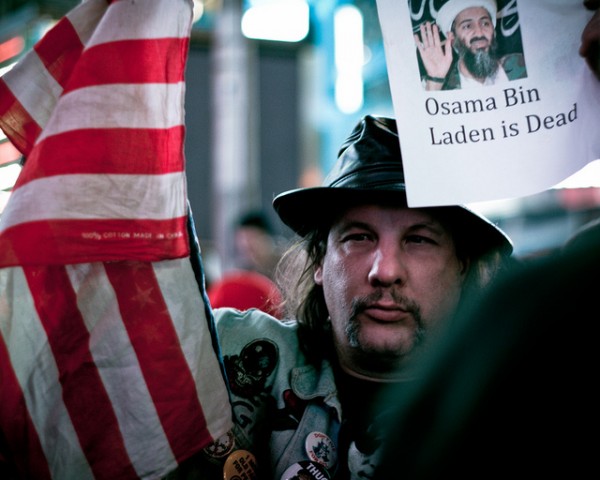Does "Justice Done" Bring Closure?

Scientists recently launched a study looking into whether vicarious vengeance or justice being brought to fruition brings people closure and/or satisfies their need for reciprocation.
The study, published in the Personality and Social Psychology Bulletin, details how researchers used the build-up to the Iraq war in 2003 and the eventual assassination of Osama bin Laden in 2011 as an ideal subject for a large-population survey that assesses public feelings of revenge, justice vengeance, and closure.
According to the study, participants from the United States of America were asked to complete a survey in 2003 that asked questions that helped measure each person's desire for vengeance after 9/11 terrorist attacks.
Participants were asked to rate (on a scale of one to five) who they felt the Iraq War would help resolve their personal sense of moral outrage at the 9/11 attacks. They were also asked if the war would help resolve their need to see "terrorists and those who harbor them wiped out," "to prove that the U.S. cannot be pushed around," to see those who hurt the U.S. get hurt back, or to resolve "a compelling need for vengeance for the 9/11 attacks."
Following the death of Osama bin Laden and President Barack Obama's announcement that "justice has been done," the same participants were asked to rate statements that would help researchers determine if the assassination provided them with a sense of closure.
Interestingly, the researchers found that the respondents who showed the greatest desire for vengeance back in 2003 felt "justice had been done" by 2011. However, this group did not all report they felt "closure" from the justice done. Rather, a significant portion of the participants who believed justice had been met also expressed a desire to further avenge the 9/11 victims.
This indicates that for most people "justice done" is unrelated to emotional closure, according to the study's authors.
"Justice seems to fuel a desire for more revenge, whereas psychological closure quenches vengeful desires and decreases pro-war attitudes," the authors of the study concluded.
In a similar accompanying study, the researchers found that Americans are least satisfied with a scenario where Osama bin Laden was killed in a plane crash rather than assassinated by U.S. hands, indicating that often for both closure and justice, vengeance must be achieved -- at least vicariously -- by the victims.
The study was published in the May edition of Personality and Social Psychology Bulletin.
May 01, 2014 04:38 PM EDT





